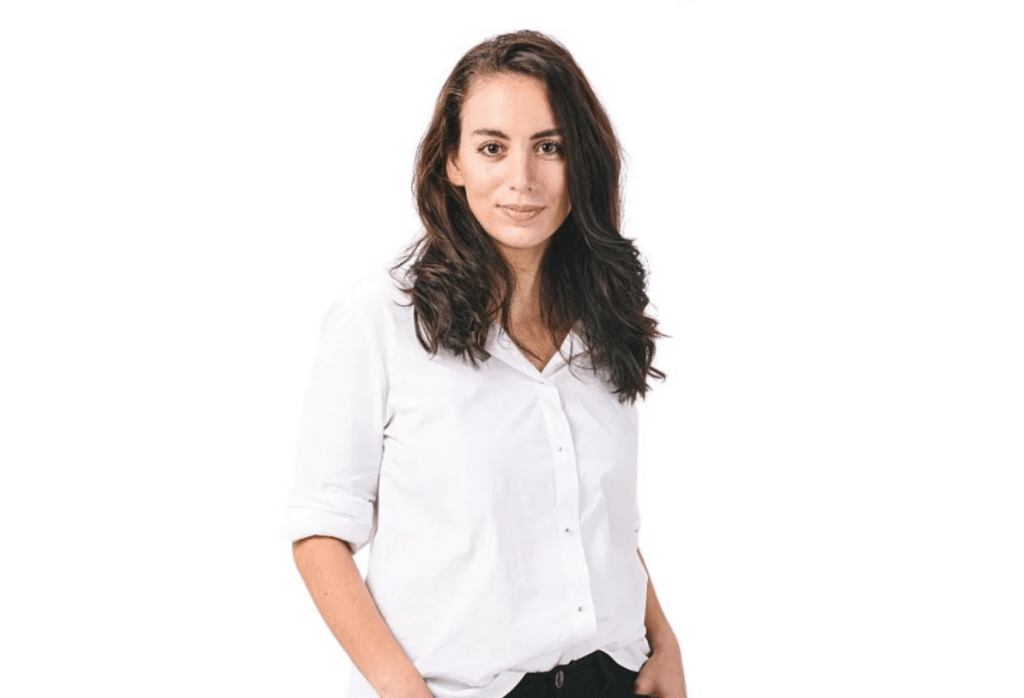One of the senior executives of OpenAI – the company behind ChatGPT- Mira Murati might be a name mentioned by many of late, but who exactly is she? Below, we take a closer look at the story of one of tech’s most formidable players right now.
Mira Murati at a glance:
The Chief Technology Officer of OpenAI at just 35, Murati leads a 375-strong workforce that’s had billions of dollars of backing from Microsoft and industry celebrities including Elon Musk, Greg Brockman (Open AI’s president) and Sam Altman (Open AI’s chief executive).
Murati studied mechanical engineering at the Thayer School of Engineering at Dartmouth College in Hanover, New Hampshire, graduating in 2012.
According to her LinkedIn profile, she worked as a Summer Analyst at Goldman Sachs before landing roles in engineering and management at Zodiac Aerospace and Tesla.
In 2016, she was named the Vice President of Product and Engineering at Ultraleap (previously called Leap Motion), a California-based company specialising in the production of advanced hand tracking devices.
Two years later, she went to work for Open AI as the VP of Applied AI and Partnerships. At the end of 2020, she became the Senior Vice President of Research, Products and Partnerships, before arriving at the role she is in today, in mid-2022.
She loves Radiohead, the poetry of Rainer Maria Rilke, and said she is inspired by Stanley Kubrick’s 1968 classic, “2001: A Space Odyssey”.
Last month, Murati described ChatGPT as “essentially a large conversational model” that “has the potential to really revolutionise the way we learn” and “help us with personalised education”.
When she was questioned about the potential dangers of AI for TIME, Murati conceded there are ethical and philosophical questions that the company needs to consider, such as “How do you govern the use of AI in a way that’s aligned with human values?”
“It’s important that we bring in different voices, like philosophers, social scientists, artists, and people from the humanities,” she said.
A few weeks ago, the company released a new technology called GPT-4. The new engine will power a range of systems including the company’s ChatGPT chatbots, search engines and personal online tutors. According to the company, GPT-4 is more reliable, creative, and able to handle much more nuanced instructions than previous models.
Last week, Murati was announced as a board member of Unlearn.AI, the San Francisco-based health startup that focuses on novel applications of generative AI.
The company has become widely known for its machine learning software that designs “digital twin” profiles of patients in clinical trials, potentially lowering costs for drug developers by reducing enrolment numbers required for clinical trials by replacing patients who receive a placebo.
“The team at Unlearn is working on applications of AI that have incredible potential to revolutionise healthcare, diagnostics and treatment,” Murati told Reuters.
She tweeted her enthusiasm the following day, writing: “The @UnlearnAI team has been working on AI advancements to eliminate trial and error in medicine. Looking forward to collaborating with @charleskfisher [Founder and CEO of Unlearn, Charles Fisher] on increasing the rate of medical breakthroughs with AI.”
In the same week, Murati went on Twitter to announce the introduction of initial support for ChatGPT plugins. This will assist ChatGPT access up-to-date information, run computations, or use third-party services without compromising safety.
There’s currently a plugins waitlist for users and developers, as the company is prioritising a small number of developers and users. Larger-scale access is scheduled for the near future.


